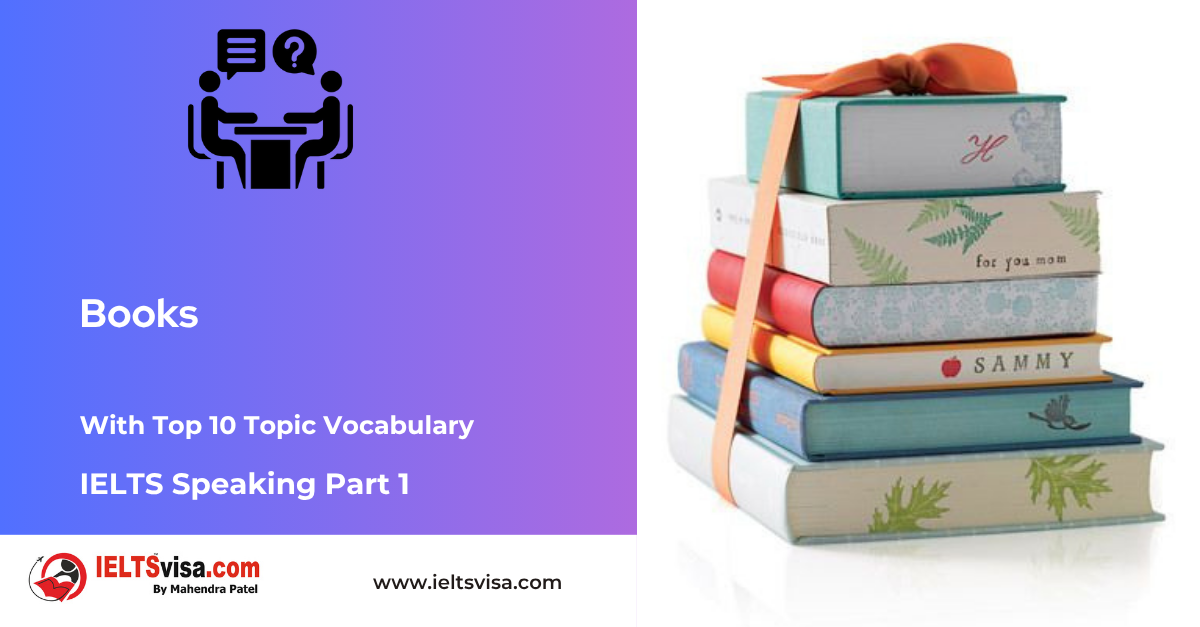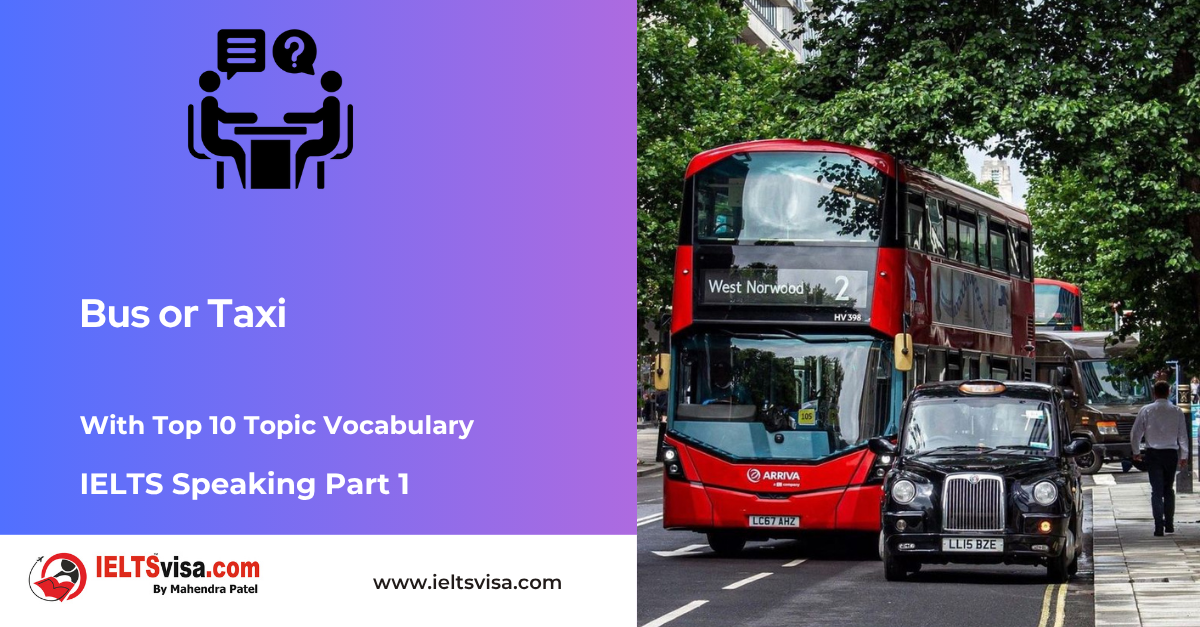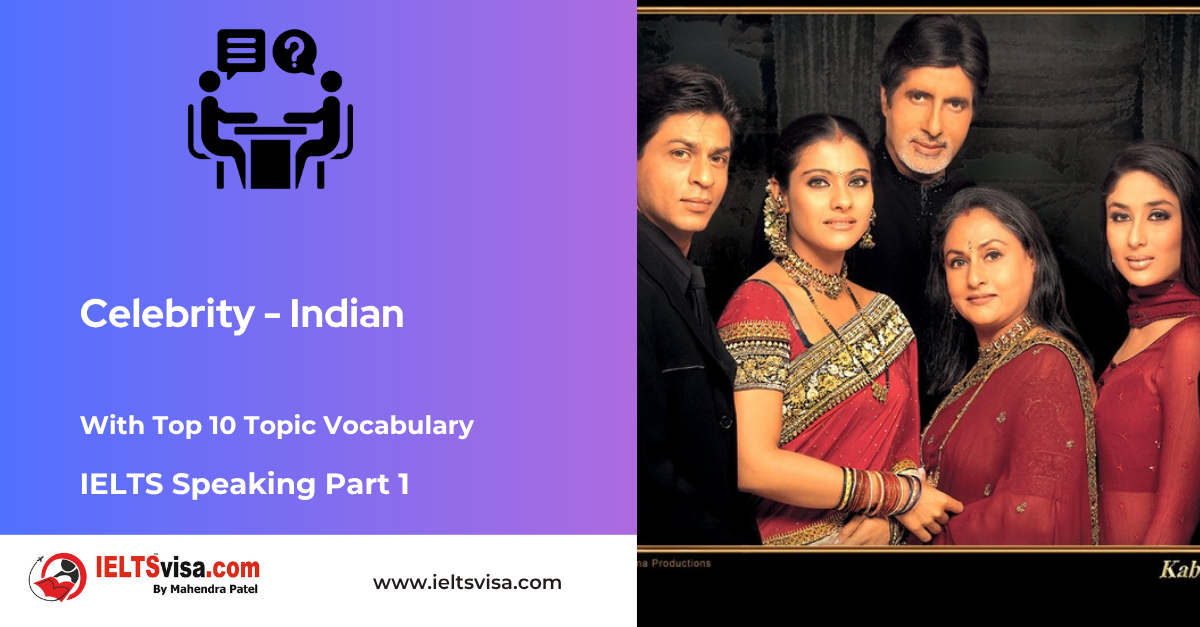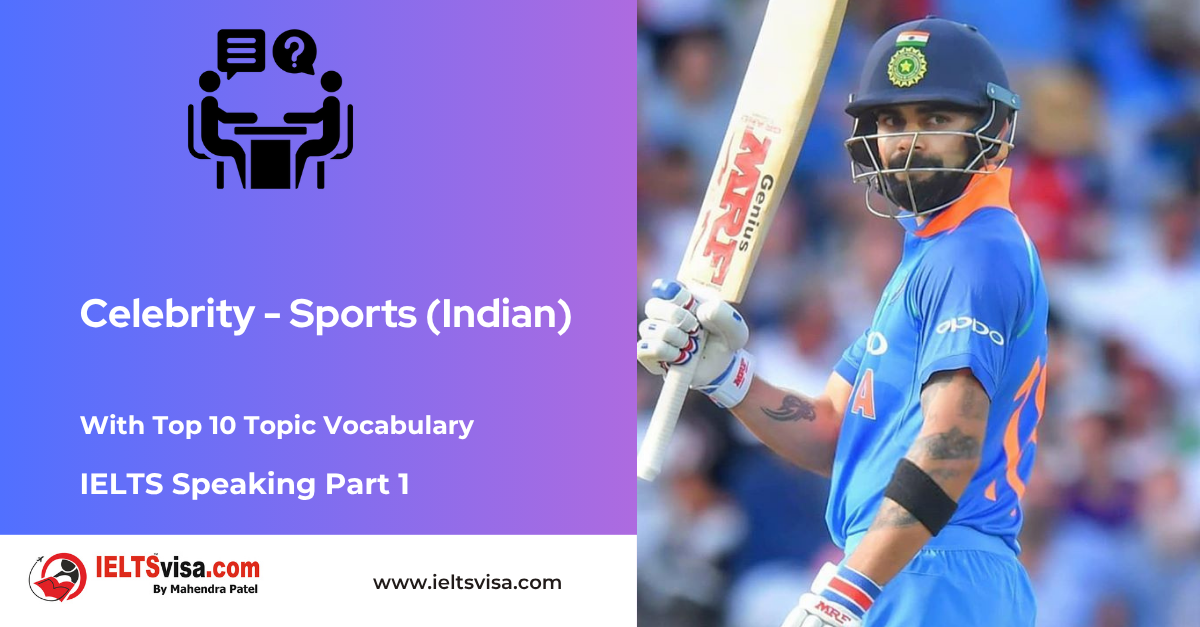IELTS Speaking Part 1 – Books
IELTS Speaking Practice
IELTS Speaking Part 1 – Books
Examiner: Do you like reading books?
Candidate: Yes, I enjoy reading books very much. It’s a great way to relax and learn new things.
Examiner: What types of books do you like to read?
Candidate: I like to read a variety of books, but my favourites are fiction, historical novels, and science fiction. I also enjoy reading biographies and self-help books.
Examiner: Do you prefer reading books or e-books?
Candidate: I prefer reading physical books because I like the feel of the paper and the experience of turning pages. However, e-books are convenient when travelling.
Examiner: How often do you read books?
Candidate: I try to read a little every day, even if it’s just for 15-20 minutes before bed. On weekends, I often spend more time reading.
Examiner: Do you have a favourite book?
Candidate: My favourite book is “To Kill a Mockingbird” by Harper Lee. I love the story and the powerful messages it conveys.
Examiner: Have you ever lent a book to someone and never got it back?
Candidate: Yes, that has happened a few times. It can be a bit frustrating, especially if it was a book I really liked.
Examiner: Do you prefer fiction or non-fiction books?
Candidate: I enjoy both, but I lean more towards fiction because I love getting lost in different worlds and stories.
Examiner: How do you choose which book to read next?
Candidate: I usually choose based on recommendations from friends or reviews I read online. Sometimes, I pick a book simply because the cover or title intrigues me.
Examiner: How do you choose which book to read next?
Candidate: I usually choose based on recommendations from friends or reviews I read online. Sometimes, I pick a book simply because the cover or title intrigues me.
Examiner: Do you ever reread books?
Candidate: Yes, I occasionally reread books that I really enjoyed. It’s interesting to revisit stories and sometimes gain new insights.
Examiner: Do you read books in your native language or English?
Candidate: I read books in both my native language and in English. It helps me improve my language skills and enjoy literature from different cultures.
Examiner: Have you ever joined a book club?
Candidate: I joined a book club a few years ago. It’s a great way to discuss books with others and discover new authors and genres.
Examiner: What was the last book you read?
Candidate: The last book I read was “The Night Circus” by Erin Morgenstern. It’s a magical and beautifully written story.
Examiner: Do you think it’s important to read books?
Candidate: Absolutely. Reading books expands our knowledge, improves our vocabulary, and stimulates our imagination.
Examiner: Did you read books when you were a child?
Candidate: I loved reading as a child. My parents encouraged me to read, and I spent a lot of time with books like “Harry Potter” and “The Chronicles of Narnia.”
Examiner: Where do you usually read books?
Candidate: I usually read books at home, either in my living room or before bed. Sometimes, I also read in cafes or parks.
Examiner: Do you prefer buying or borrowing books from a library?
Candidate: I prefer to buy books because I like to own them and sometimes reread them. However, I do borrow from the library occasionally.
Examiner: What is one book you think everyone should read?
Candidate: I think everyone should read “1984” by George Orwell. It’s a thought-provoking book about society and government.
Examiner: How do you feel about books being adapted into movies?
Candidate: It can be great if done well, but sometimes movies don’t capture the book’s essence. I usually prefer the book over the film.
Examiner: Do you ever read multiple books at the same time?
Candidate: Yes, sometimes I read multiple books at once. It depends on my mood and what I’m currently interested in.
Examiner: What do you do with books after you finish reading them?
Candidate: I usually keep them on my bookshelf. If it’s a book I didn’t enjoy, I might give it to a friend or donate it.
Top 10 Topic Vocabulary for “Books”
|
Vocabulary |
Type |
Meaning |
Synonyms |
Antonyms |
Word Family |
Example Sentences |
|
Genre |
Noun |
A category of artistic work, especially literature or music |
type, kind, sort |
generic |
I enjoy reading science fiction and historical novels. |
|
|
Intrigue |
Verb |
To make someone feel interested or excited |
fascinate, captivate, interest |
intriguing |
The title of the book intrigued me. |
|
|
Revisit |
Verb |
To visit or see again |
return to, go back to, come back to |
revisiting |
I sometimes reread books I enjoyed. |
|
|
Vocabulary |
Noun |
A set of words and phrases known to a person |
lexicon, word stock, vocabulary |
vocabulary |
Reading books helps improve your vocabulary. |
|
|
Stimulate |
Verb |
To make someone interested or excited |
excite, arouse, provoke |
stimulation |
Reading books stimulates the imagination. |
|
|
Adapt |
Verb |
To make something suitable for a new or different use or purpose |
modify, adjust, change |
adaptation |
Some books are adapted into movies. |
|
|
Essence |
Noun |
The most important or characteristic part of something |
core, heart, spirit |
essential |
The movie didn’t capture the essence of the book. |
|
|
Diverse |
Adjective |
Showing a great variety |
varied, different, assorted |
diversity |
I enjoy reading books from diverse genres, such as fiction and non-fiction. |
|
|
Engaging |
Adjective |
Interesting and exciting |
captivating, compelling, fascinating |
engagement |
I found the book to be very engaging. |
|
|
Perspective |
Noun |
A particular viewpoint or way of thinking |
viewpoint, standpoint, outlook |
perspective |
Reading books can broaden your perspective on different topics and cultures. |

Our Books
Master IELTS Speaking Part 1
IELTS Writing Task 1 Book
IELTS Writing Task 2 Book
Practice IELTS Other Modules
IELTS Listening
The IELTS Listening test assesses how well you can understand spoken English in various contexts. It lasts about 30 minutes and is divided into four sections with a total of 40 questions. The listening tasks become increasingly difficult as the test progresses.
IELTS Academic Reading
The IELTS Academic Reading section assesses your ability to understand and interpret a variety of texts in academic settings. It is designed to evaluate a range of reading skills, including skimming for gist, reading for main ideas, reading for detail, understanding inferences, and recognizing a writer's opinions and arguments.
IELTS Speaking
The IELTS Speaking test assesses your ability to communicate in English on everyday topics. It lasts 11-14 minutes and consists of three parts: introduction, cue card, and a discussion based on the cue card topic.
IELTS General Reading
IELTS General Reading tests your ability to understand and interpret various types of texts. Here are some key areas and types of content you can expect to encounter in the reading section, along with tips for effective preparation.
IELTS Academic Writing Task 1
In IELTS Academic Writing Task 1, you are presented with a visual representation of information, such as graphs, charts, tables, or diagrams, and you are required to summarize, compare, or explain the data in your own words.
IELTS General Writing Task 1
In IELTS General Writing Task 1, you are required to write a letter based on a given situation. The letter can be formal, semi-formal, or informal, depending on the prompt. Here’s a breakdown of the key components to include in your letter
IELTS Academic Writing Task 2
In IELTS Academic Writing Task 2, you are required to write an essay in response to a question or topic. Here’s a guide to help you understand the essential elements of this task
IELTS Exam Tips
To succeed in the IELTS exam, practice regularly, familiarize yourself with the test format, improve your vocabulary, develop time management skills, and take mock tests to build confidence.
Grammer for IELTS
Grammar is the foundation of effective communication in English. Understanding tense usage, subject-verb agreement, and sentence structure enhances clarity and coherence in writing and speaking.
Vocabulary for IELTS
Vocabulary plays a crucial role in the IELTS (International English Language Testing System) exam, especially in the Speaking and Writing sections. Here’s an overview of why vocabulary is important and how it impacts your performance
RECENT IELTS SAMPLES QUESTIONS AND ANSWERS
IELTS Speaking Part 1 – Boats
IELTS Speaking Part 1 - Boats Examiner: Have you ever been on a boat?Candidate: Yes, I have been on a boat a...
IELTS Speaking Part 1 – Bus or Taxi
IELTS Speaking Part 1 - Bus or Taxi Examiner: How do you usually get around town?Candidate: My preferred mode...
IELTS Speaking Part 1 – Celebrity (Indian)
IELTS Speaking Part 1 - Celebrity (Indian) Examiner: Do you have a favourite celebrity?Candidate: My favourite...
IELTS Speaking Part 1 – Celebrity – Sports (Indian) – Virath Kohali
IELTS Speaking Part 1 - IELTS speaking part 1 - Celebrity - Sports (Indian) - Virath Kohali Examiner: Who is...
IELTS Speaking Part 1 – Artificial Intelligence (AI) as a Singer
IELTS Speaking Part 1 - Artificial Intelligence (AI) - As a Singer Examiner: How do you see AI impacting the...
IELTS Speaking Part 1 – Artificial Intelligence (AI) As a Software Engineer
IELTS Speaking Part 1 - Artificial Intelligence (AI) As a Software Engineer Topic: Artificial Intelligence (AI)...













